In this week's edition
- ✍️ Letter from P'Fella
Flashcards: the good, the bad, the ugly. - 🤓 The Sunday Quiz
Tissue Expansion - an essential. - 🎭 Upcoming Events
+10 webinars, courses and conferences. - 🔥New Features
Book reviews (for nerds, like me) - 📸 Image of the Week
AI-generated Menick's subunits - 🐣 Tweets of the Week
P'Fella's 3 favourite tweets - 📝 Articles of the Week
1% risk of regret with gender reassignment. - 💕 Feedback
Always looking to improve :)
FYI: Have you "Connected" with your peers?
A Letter from P'Fella
Flashcards: the good, the bad, and the ugly.
For decades, flashcards have remained a popular study tool for students of all ages and academic levels. These small cards, often made of paper or index cards, have been shown to be an effective way to learn and retain information. However, like any tool, they have their limitations. Let's deep-dive into the good, the bad and the ugly.
The Good
One benefit of flashcards is that they allow for active recall, a powerful learning technique that involves recalling information from memory. This process strengthens neural pathways in the brain and improves long-term retention (Kornell & Bjork, 2008).
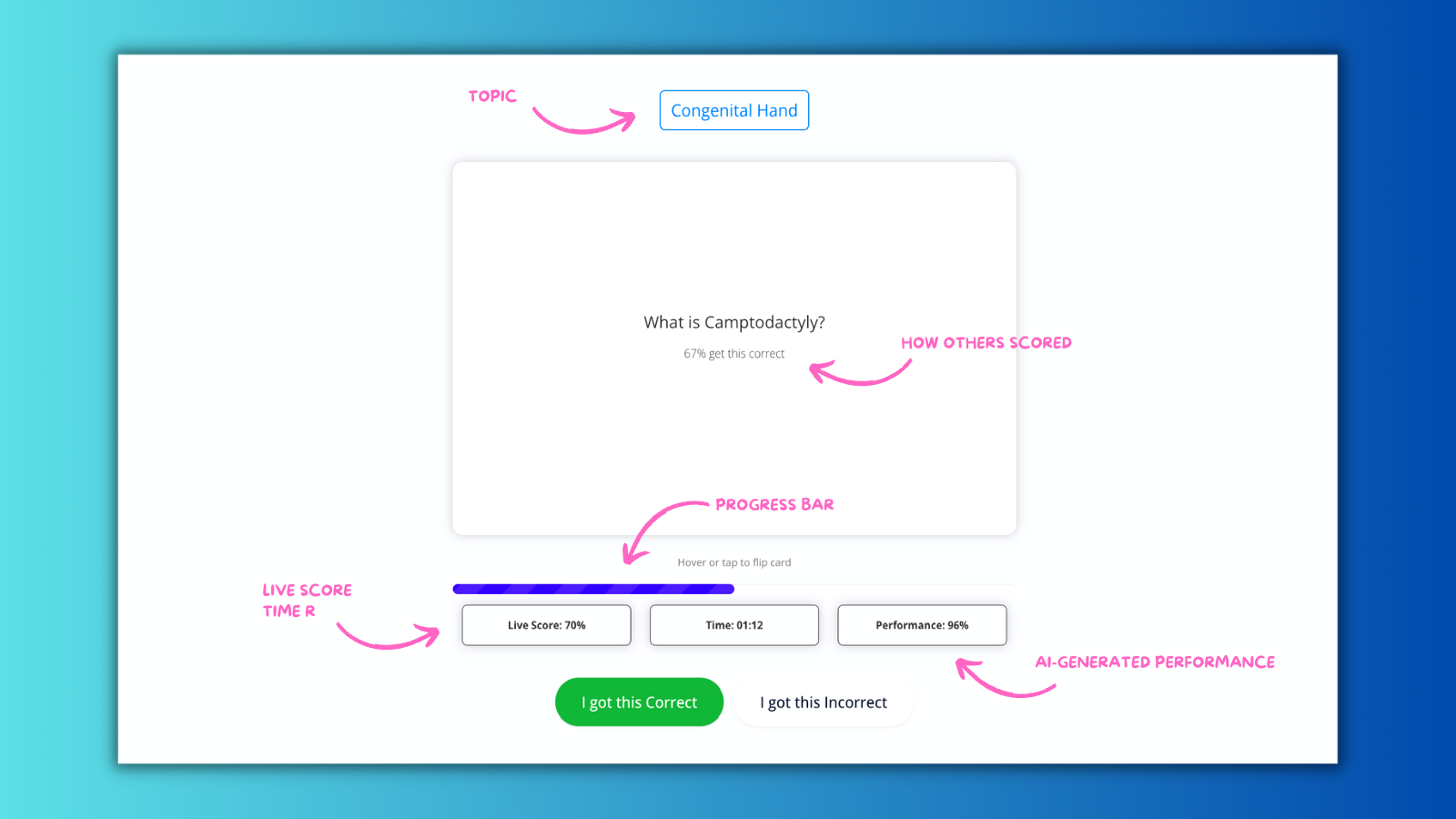
Additionally, flashcards can be used in conjunction with spaced repetition software, enabling students to optimize their study time and retention (Roediger & Karpicke, 2006). Personalization is another advantage of flashcards, as students can create their own cards with information they need to learn or use pre-made ones that align with their course materials or standardized exams (Dunlosky et al., 2013).
Lastly, flashcards are portable and can be used anywhere, allowing students to review them during their commute, at a coffee shop, or while waiting in line (Kornell & Bjork, 2008).
The Bad
However, flashcards also have their limitations. They present information out of context, hindering understanding and retention, and may not be as effective for learning complex concepts or higher-order thinking skills (Karpicke & Roediger, 2007; Dunlosky et al., 2013).
Moreover, flashcards can give students a false sense of confidence in their knowledge and abilities, leading to overconfidence on flashcard-based assessments and struggles on exams that require more application and critical thinking (Kornell & Bjork, 2008).
Finally, creating and reviewing flashcards can be time-consuming, potentially leading to students neglecting other study techniques or not having enough time to review all of their material (Roediger & Karpicke, 2006).
The Ugly
When it comes to the "ugly" side of flashcards, one software that often comes to mind is Anki. While Anki has gained popularity among students and language learners, it also has a steep learning curve and can be very difficult to use. The interface can be overwhelming for beginners, with many options and settings that can be confusing to navigate (Hersh, 2016).
Here are the 15 steps to get started on Anki: yikes!
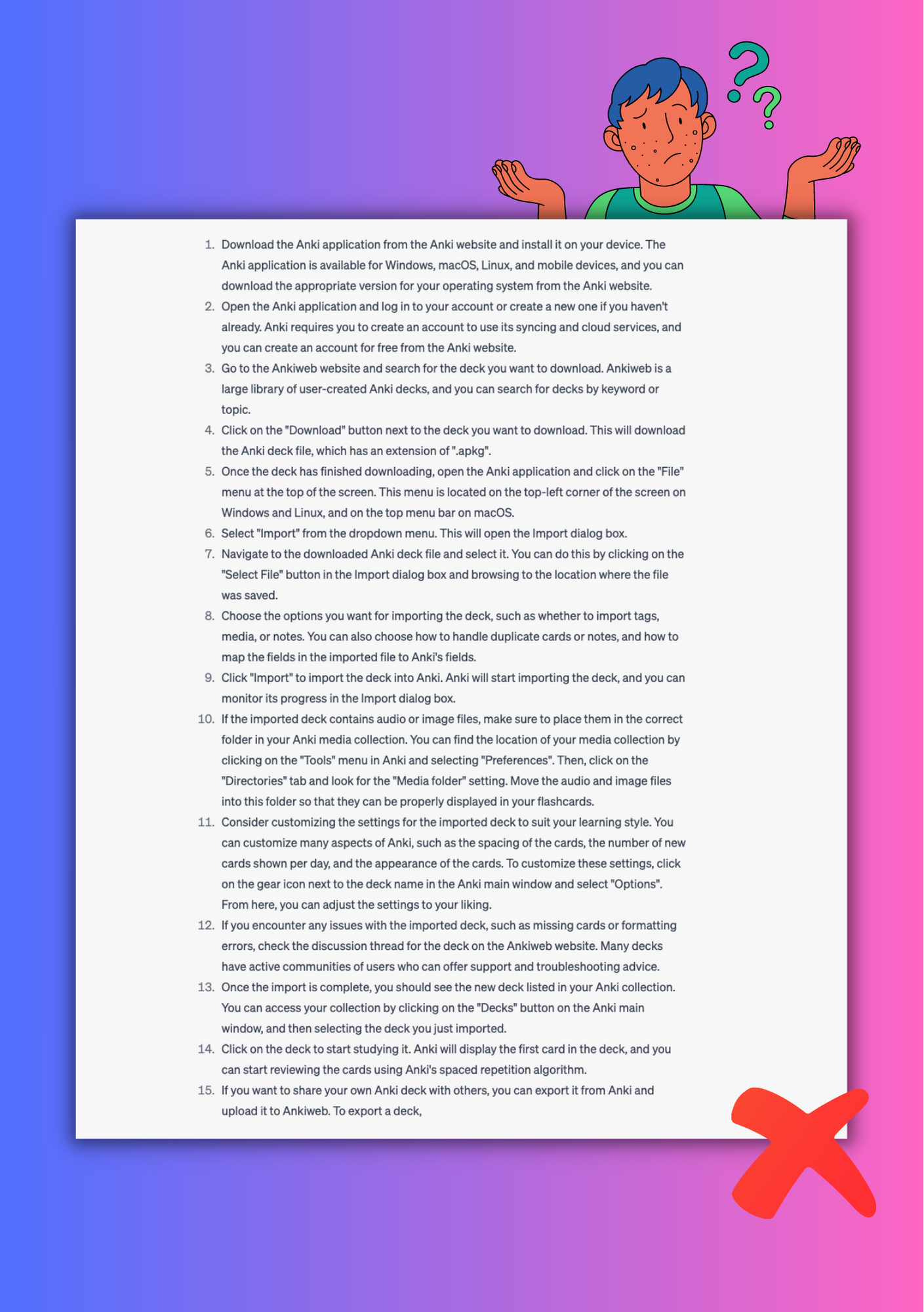
A common support email I get is, "Umm so how do I downloa the Anki?". It can be time-consuming to set up, especially for students who are not tech-savvy. Anki's spaced repetition algorithm is a powerful tool for improving retention, it can also be challenging to adjust the settings to suit individual learning needs. Students may struggle to find the optimal interval for each card or to adjust the difficulty level of their decks, leading to frustration and discouragement (Hersh, 2016).
Flashcards are a popular and effective study tool due to their active recall and portability. They can be personalized and used with spaced repetition software to optimize learning. However, they present information out of context and may not be effective for complex concepts. Anki, a popular flashcard software, has a steep learning curve and can be time-consuming to set up and adjust to individual need
The Sunday Quiz
Week 3: Tissue Expansion
During the tissue expansion, histological changes occur. The epidermis is the only anatomical layer that increases in thickness.
Tissue expanders are designed in different shapes, sizes, textures and expansion directions to fit their specific indication. Four zones or layers form a capsule around the expander.
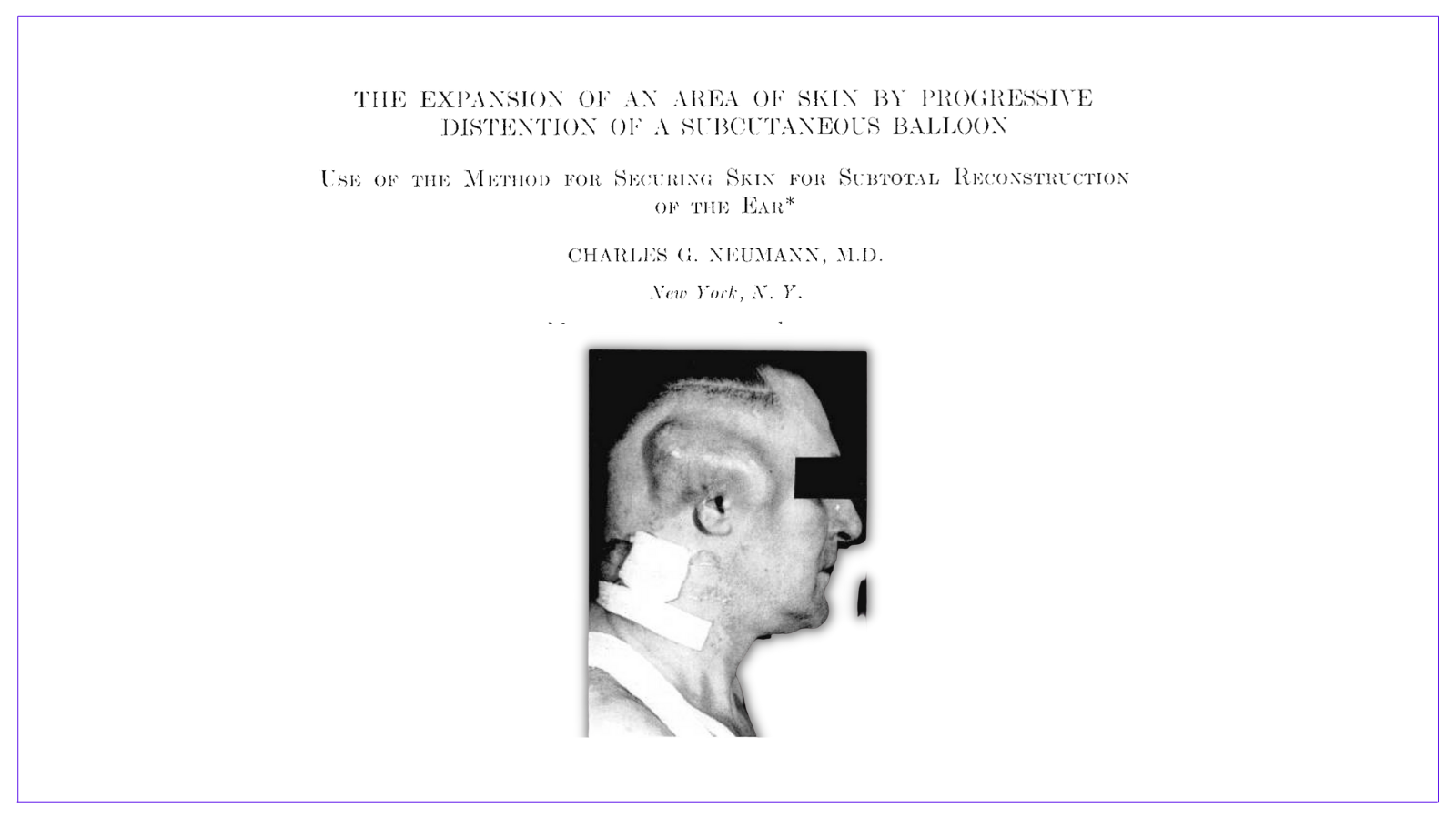
Sorry :(
Upcoming Events
Events, Courses, Conferences, Webinars
- Rhinoplasty Society Annual Meeting - Florida, 19th April
- BSSH Spring Meeting - Swansea, 19th April.
- BAPRAS: Advances in Hand Surgery - 27th April.
- AAPS 10th Annual Meeting - Chicago, 29th April.
- Kings College - Facial Aesthetic Dissection- 4th May.
- ICOPLAST 2nd World Congress, Dubai - 5th May
- FESSH Annual Meeting - Rimini, 10th May
- ASSH Annual Meeting - Toronto, 5th October
- Plastic Surgery - The Meeting: Texas, 26th Oct
- BAPRAS Congress - 29th Nov
New Features
P'Fella is always building and improving.
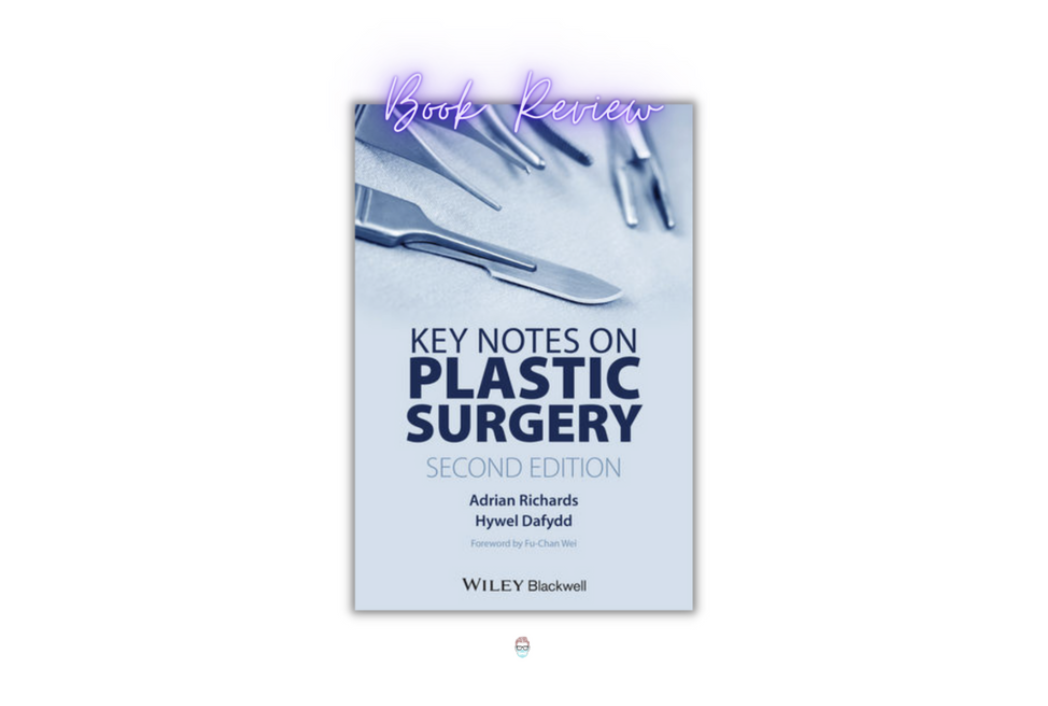
Book Reviews
I have some exciting news to share with you - there is now new feature on our website called Book Reviews!
P'Fella will be reviewing both current and historical textbooks that are still relevant and useful today, and providing recommendations for those who are just starting out on their learning journeys.
Not only that, but we'll also be delving into more niche textbooks, perfect for those who want to explore specific subject areas in greater depth.
So, head over to our website and discover your next must-read textbook! We hope that you'll find this new feature helpful, and we welcome your feedback on what you'd like to see more of in the future.
Image of the Week
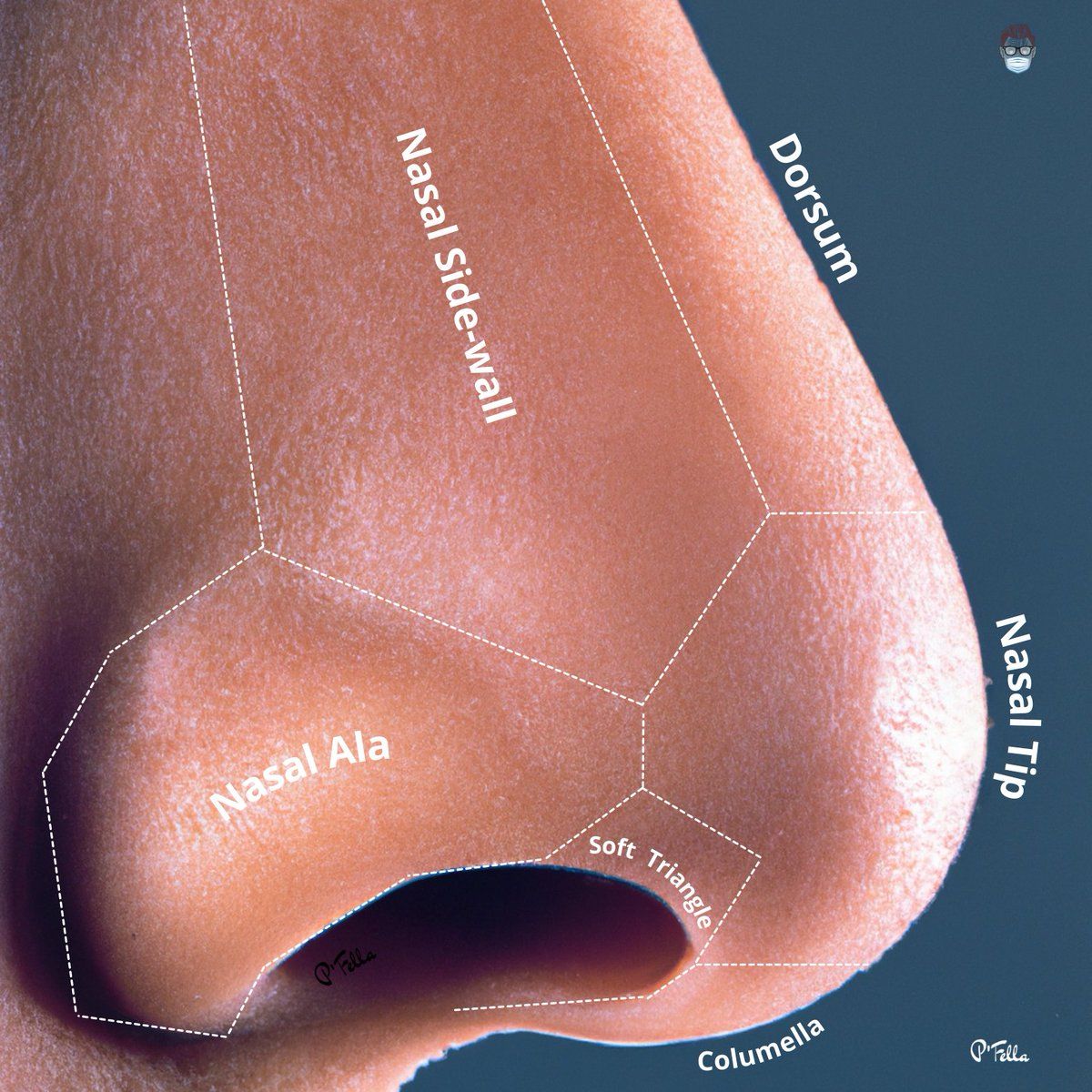
Tweets of the Week
Don't forget to follow P'Fella!
Fish skin can be grafted onto burn victims. The material uses the body's own cells and is converted eventually into living tissue. Read more: https://t.co/1RCSGM1ReA pic.twitter.com/1bTZwCwaRn
— Fascinating (@fasc1nate) April 12, 2023
Always check neurovascular status after distal radius fracture. Here we can see an open fracture and ulnar affection. It is important to check before and after reduction, neurovascular problems. An ulnar nerve injury grade II-III axonotmesis. Always fix and check pic.twitter.com/qqdoC6DfwE
— HOMID FAHANDEZH (@HOMIDFAHANDEZH) April 12, 2023
So THIS is why medical student car insurance is higher than generic university student insurance https://t.co/JgS5wtgOTb pic.twitter.com/5GhNSVnyEh
— Trishika #LiveableNHSBursary (@TrishikaSuji) April 10, 2023
Articles of the Week
3 must-read articles, 1 deep-dive! 📚
3 Must-reads
- So, what imaging is needed for head and neck cancers?
Bhattacharya et al. Imaging of Neck Nodes in Head and Neck Cancers – a Comprehensive Update, March 2023. Clinical Oncology - 4 Principles of Abdominal Wall Recon
Khansa et al. 4 Principles of Complex Abdominal Wall Reconstruction. Plastic and Reconstructive Surgery - Global Open 7(12):p e2549, December 2019. - How to Ultrasound a Flexor Tendon.
Bianchi et al. Ultrasound of the digital flexor system: Normal and pathological findings(). J Ultrasound. 2007 Jun;10(2):85-92. doi: 10.1016/j.jus.2007.03.002.
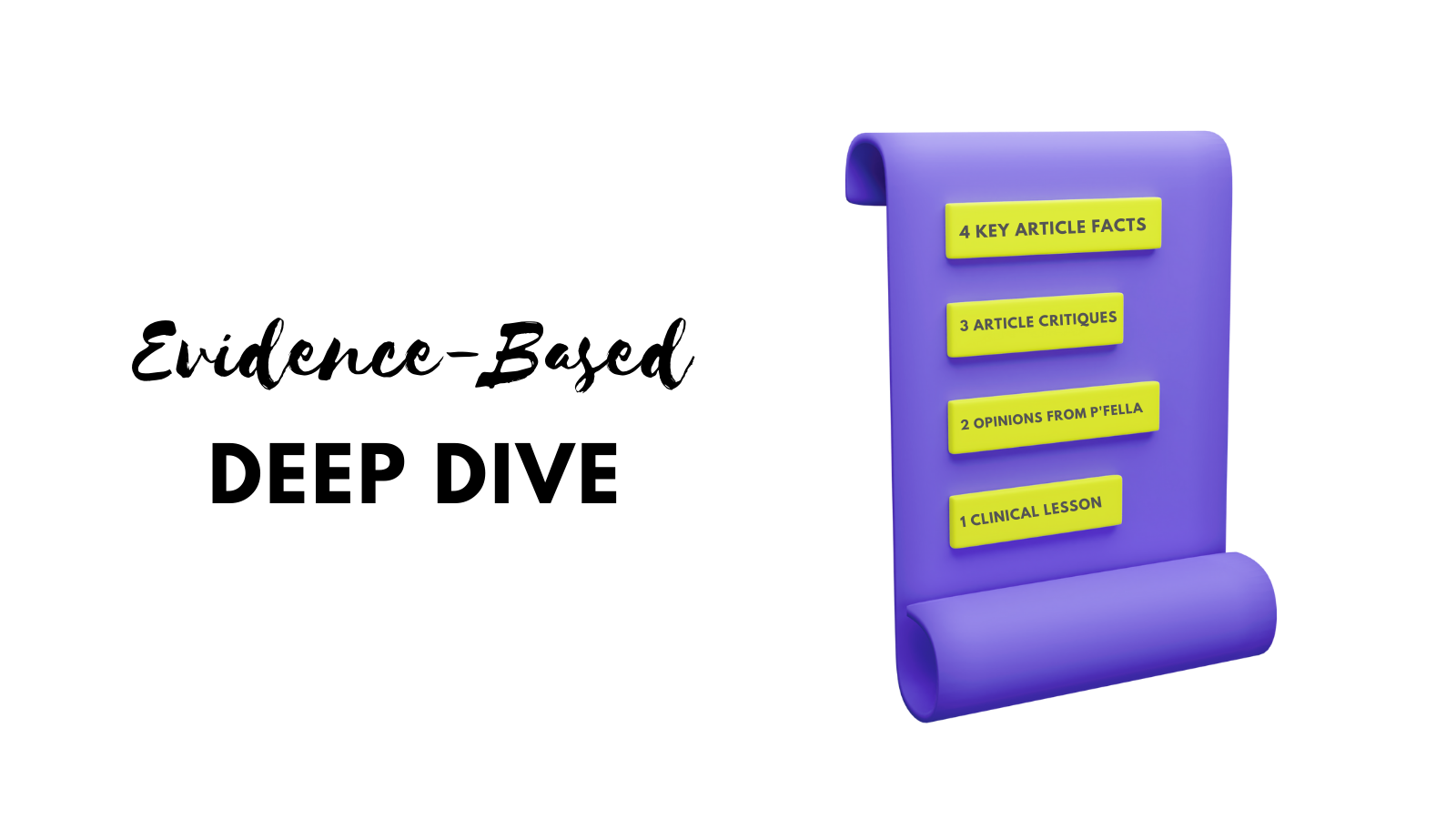
Gender Reassigment: 1% regret.
This systematic review found that regret after gender affirmation surgery is rare, with a prevalence of 1.0%. However, the review had limitations such as a focus on Western countries, reliance on self-reported data, and a lack of examination of long-term outcomes


